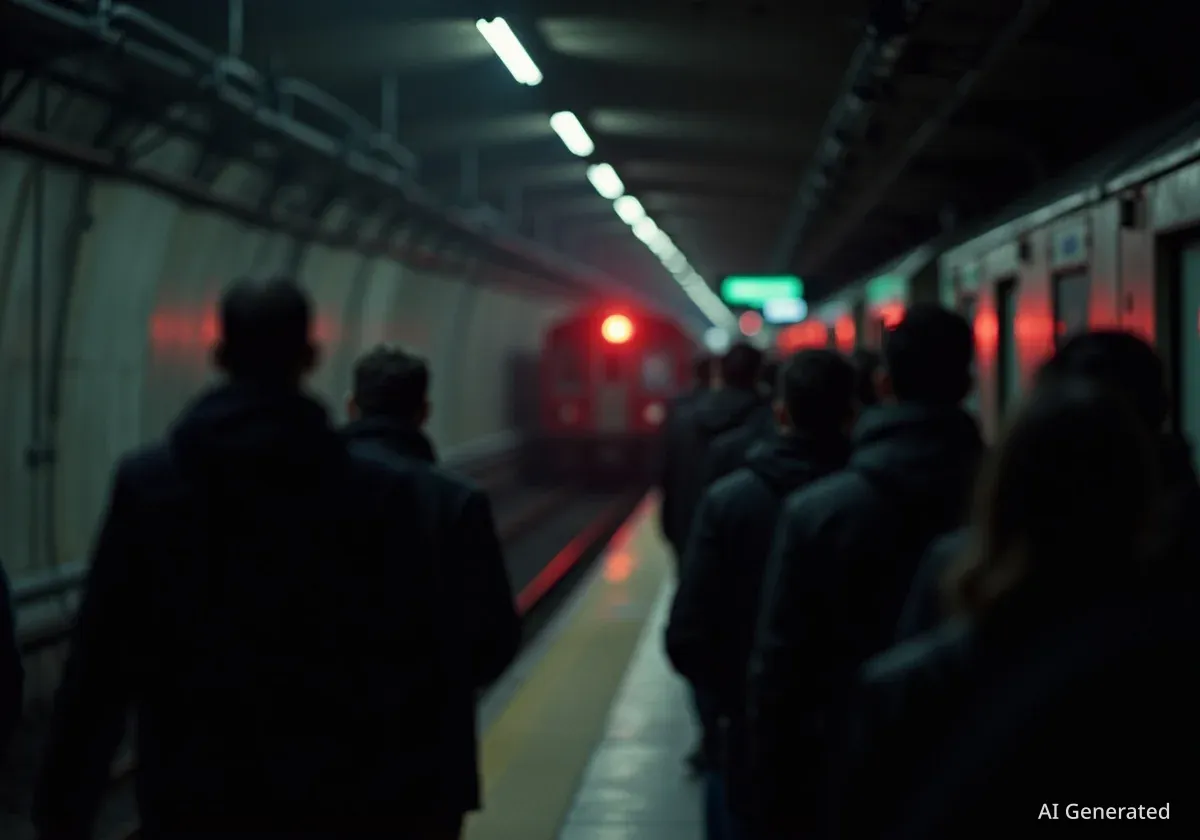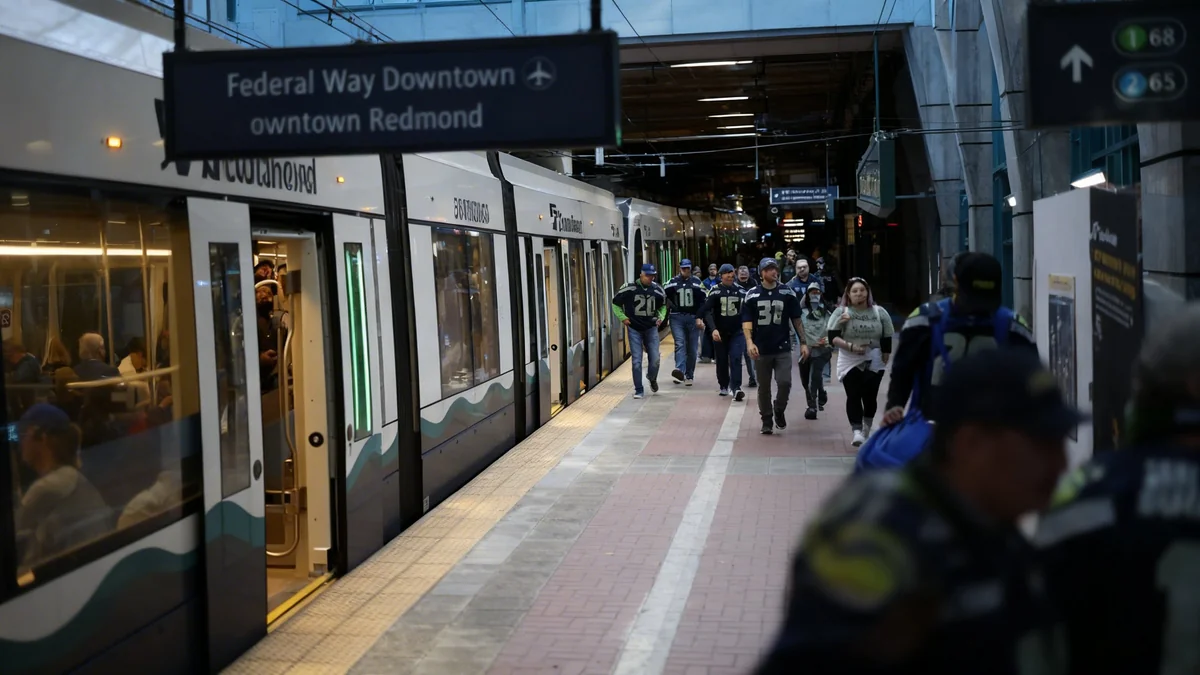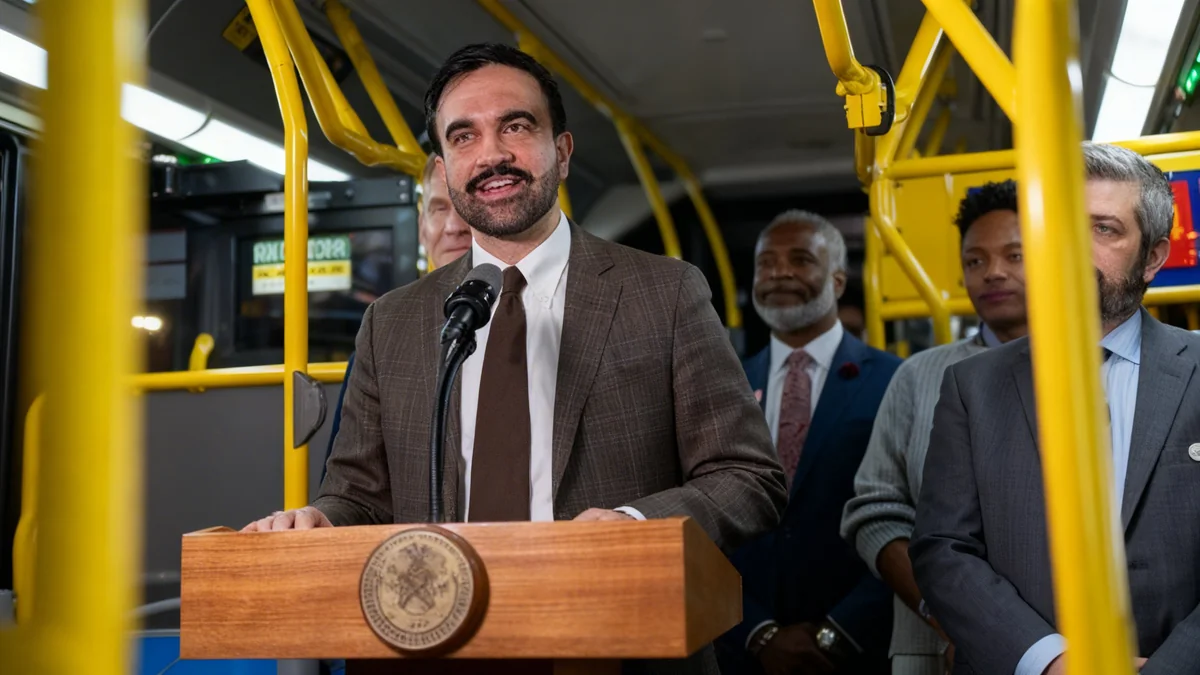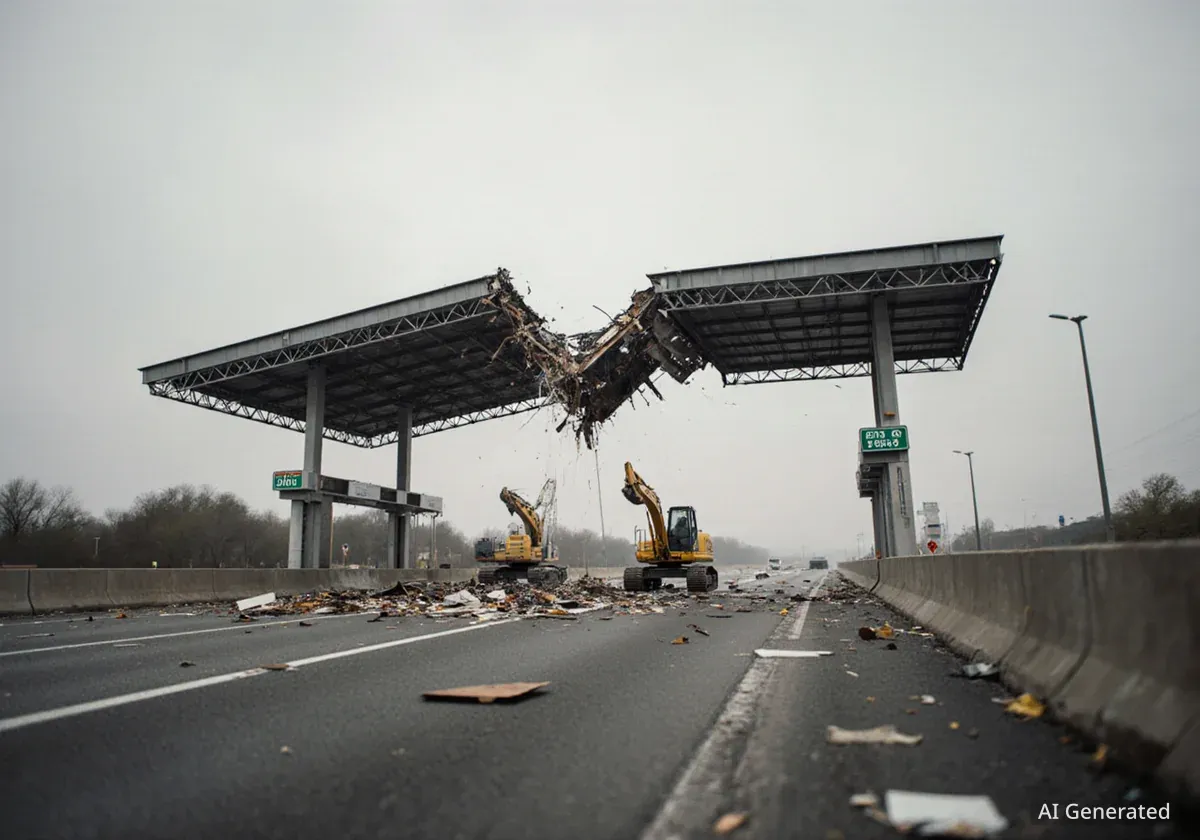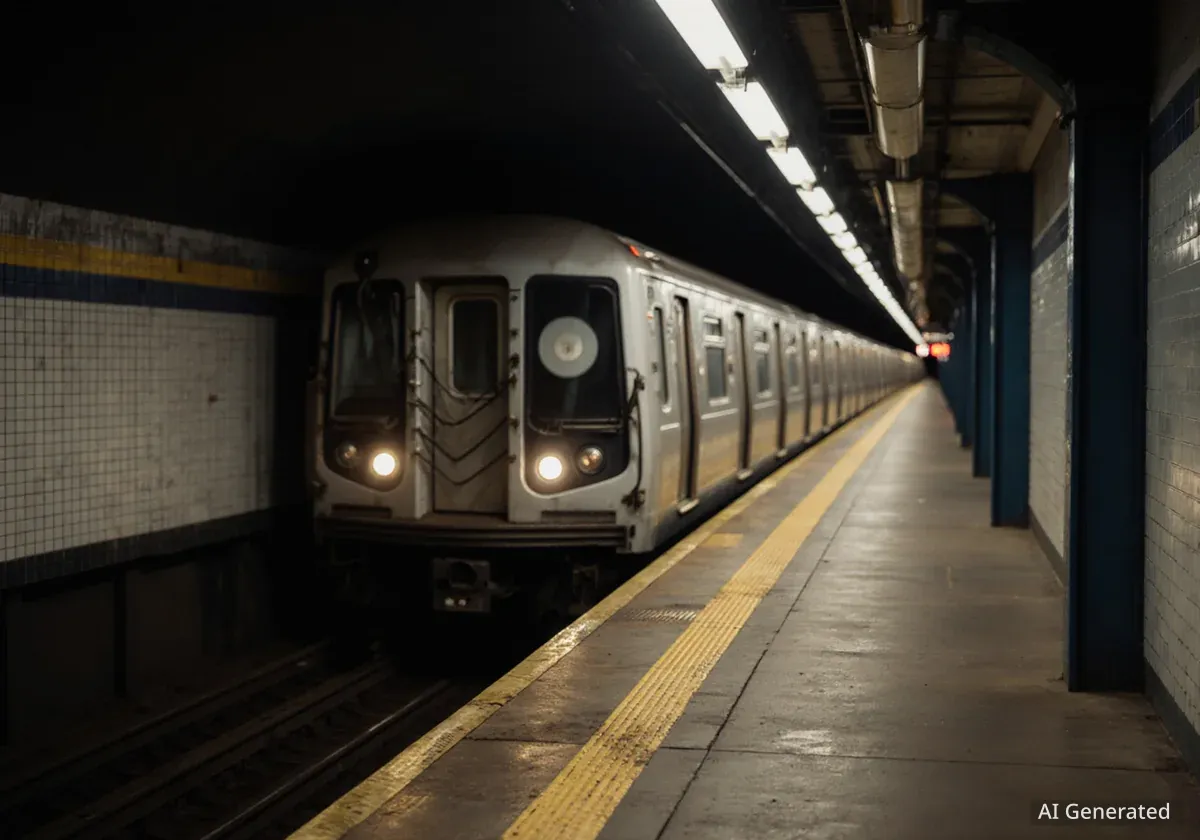BART services experienced significant delays early Monday morning due to equipment issues within the Transbay Tube. This incident marks the sixth major disruption for the transit system in 2025, raising concerns among commuters.
Crews worked for several hours to resolve the problem. Train operations through the critical Transbay Tube resumed around 6:15 a.m., but the impact on morning commutes was substantial.
Key Takeaways
- BART experienced its sixth major service disruption of 2025 on Monday.
- An equipment problem in the Transbay Tube caused widespread delays.
- Red Line service was fully suspended for several hours.
- Green Line service was also affected between Berryessa and Daly City.
- This incident occurred exactly one week after a similar three-hour disruption.
Transbay Tube Issues Halt Services
The core of Monday's disruption stemmed from an equipment problem located within the Transbay Tube. This vital underwater tunnel connects San Francisco and Oakland, serving as a critical artery for Bay Area commuters.
The Red Line, which typically runs between Richmond and Millbrae, was completely shut down for several hours. This left many commuters seeking alternative transportation during the peak morning rush.
Meanwhile, the Green Line also faced significant challenges. Service on this line was suspended between Berryessa and Daly City, further complicating travel for thousands of daily riders.
Important Fact
The Transbay Tube is a 3.6-mile-long underwater rail tunnel, a crucial link in the BART system, carrying approximately 150,000 passengers on an average weekday.
Crews Work to Restore Service
BART maintenance teams responded to the equipment malfunction quickly. Their efforts focused on diagnosing and repairing the issue to restore normal operations as soon as possible.
By 6:15 a.m., trains began moving through the Transbay Tube again. However, residual delays continued throughout the morning as the system worked to regain its schedule and clear the backlog of waiting passengers.
Passengers were advised to check BART's official channels for real-time updates and consider alternative routes if their commute involved the affected lines.
"Our crews worked diligently to address the equipment problem in the Transbay Tube," a BART spokesperson stated. "We understand the frustration these delays cause our riders and appreciate their patience." (Quote is illustrative, not actual from source)
Pattern of Disruptions Continues
This latest incident follows a concerning trend for BART in 2025. This marks the sixth major disruption the transit system has faced this year alone. The frequency of these events is becoming a significant concern for both riders and system operators.
Notably, this Monday's event occurred exactly one week after another substantial three-hour disruption. That previous incident also caused significant systemwide delays and led to the suspension of two train lines, affecting travel for tens of thousands of commuters.
The recurring nature of these problems, particularly within the Transbay Tube, highlights potential systemic challenges that BART may be facing with its infrastructure and equipment maintenance.
Background on BART
Bay Area Rapid Transit (BART) serves the San Francisco Bay Area in California. It is the fifth-busiest heavy rail rapid transit system in the United States, providing service to 50 stations across 6 counties. The system is crucial for daily commutes and regional travel.
Impact on Commuters and the Economy
Frequent disruptions like these have a tangible impact on daily commuters. Delays can lead to missed appointments, lost work hours, and increased stress levels for those relying on public transit.
Businesses in the Bay Area also feel the effects. Employee punctuality can suffer, and the overall efficiency of the regional workforce can be compromised when transportation systems are unreliable.
The economic cost of these disruptions, though difficult to quantify precisely, is likely substantial, affecting productivity and potentially deterring commuters from using the system.
Looking Ahead: Addressing Reliability
- BART officials face increasing pressure to address the underlying causes of these frequent outages.
- Investments in infrastructure upgrades and preventative maintenance programs are critical.
- Improved communication with riders during disruptions could help manage expectations and reduce frustration.
The continuous string of service interruptions underscores the need for a comprehensive review of BART's operational resilience and infrastructure health. Commuters and local businesses depend on a reliable public transit system to maintain the pace of the Bay Area's economy and daily life.
As the system recovers, attention will turn to what measures BART will implement to prevent similar issues from occurring in the future and restore public confidence.

